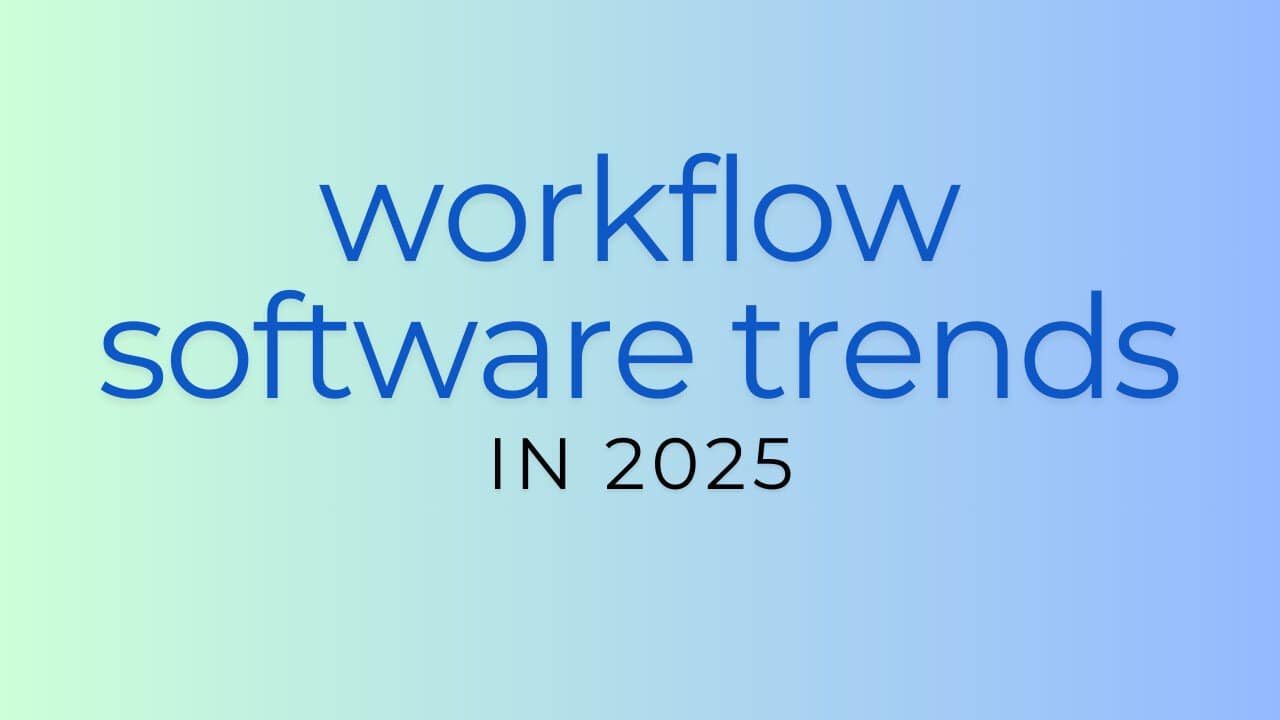 2024 was a whirlwind of change, reshaping how we think about workflows and business processes. In 2025, it’s time to spotlight the trends of workflow software and drive innovation forward.
2024 was a whirlwind of change, reshaping how we think about workflows and business processes. In 2025, it’s time to spotlight the trends of workflow software and drive innovation forward.
AI Agents
AI Agents will have a strong showing in 2025. As this nascent technology grabs hold of market share, business processes will have to adapt. Agents will improve business processes for all industries across many, if not all, areas. From accounting, to sales, to customer relations, to logistics…every facet of every industry will be impacted by agentic workflows. Microsoft is leading the charge with AI agents in Microsoft 365 and Dynamics 365. They have already announced scores of new agents at this year’s Ignite conference in Chicago, and look for this trend to continue through 2025. Other companies will need to get on board, so look for the other big tech companies to follow Microsoft’s lead with agentic AI.
AI-based User Interface
Workflows start with a questions like, how do I submit an IT ticket, how do I request an item for purchase, etc. This can take the shape of an email to the appropriate department to start the workflow. Businesses that have already gone through digital transformation likely have a form somewhere on their intranet or in a third-party tool to kick off the workflow.
In 2025 look for this trend to change dramatically to focus on AI-based interfaces like with Chat GPT. Instead of sending an email or filling out a form, employees will be able to simply ask their question or state their request in a chat-like interface, and the AI will take it from there. The process may even invoke an AI Agent, or several AI Agents.
Data Security
AI can’t handle everything though. Look for an uptick in oversight of IT infrastructure and data governance. Because of AI, there will need to be a strong focus on workflow software that automatically secures data. Humans will still need to have input into what data is stored where and decide who or what has access to it. As breaches, privacy concerns, and data exfiltration become part of our daily business lexicon, we’ll need workflows to help automate our needs for security.
Onboarding Employees
As data security takes center stage, businesses must formalize and automate workflows for employee onboarding. Beyond robust IT infrastructure and data protection measures, equipping new hires with the knowledge to handle and manage sensitive information will be crucial in 2025. Expect to see a growing emphasis on workflows that streamline training and reinforce data security policies, ensuring businesses stay ahead of emerging threats.
Offboarding Employees
As a corollary to the above, offboarding workflows will also be vitally important. Making sure digital assets are secured against unauthorized access once an employee leaves will be essential. Workflows to automatically identify those assets and their location will need to be developed and put in place to help secure a company’s data and, ultimately, their bottom line.
Wherever the winds of change take us in 2025, AI and data security workflows and business processes will be vital.
If you are interested in learning more about how to future-proof your organization, contact us today.
